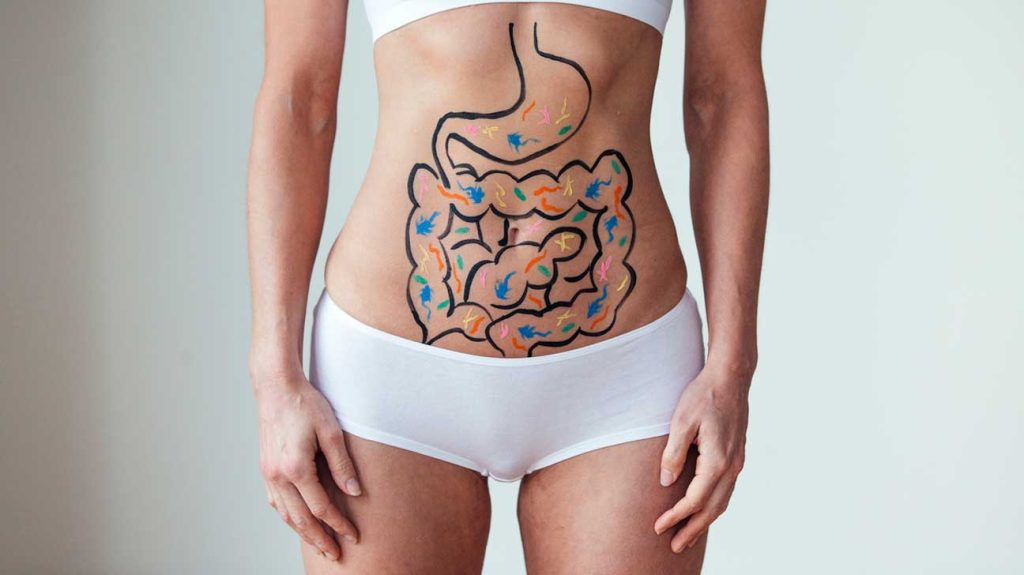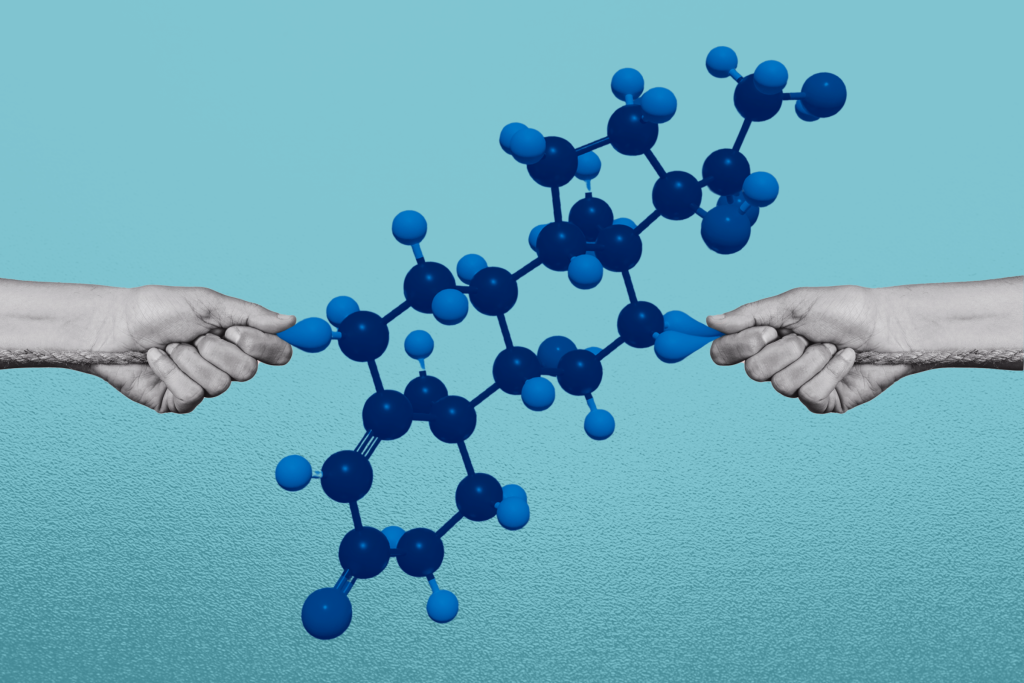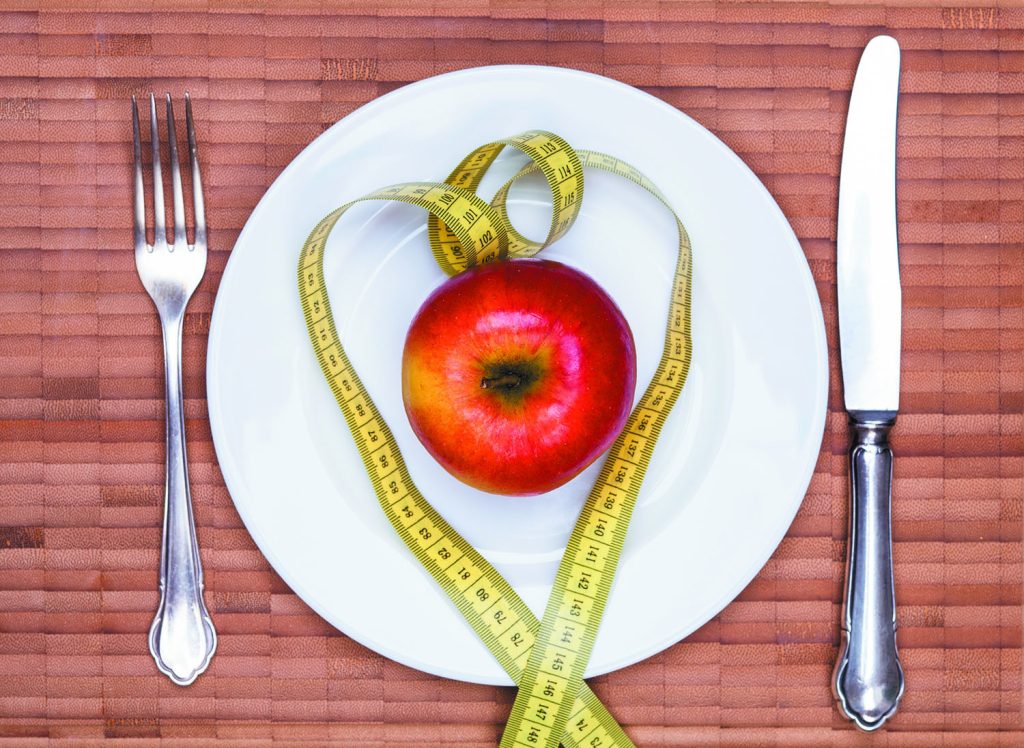What Drives Food Addiction? A Look Into Psychology
We all want quick fixes. Weight loss is no exception. Crash diets promise rapid results. They often involve extreme restriction. You cut out major food groups. Calorie intake drops drastically. Initial weight loss can be fast. This feels very encouraging. But this quick success is deceiving. Long-term results rarely follow. Understanding the reasons helps. It…
Read more










